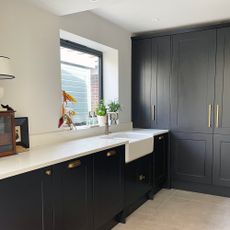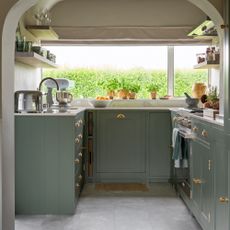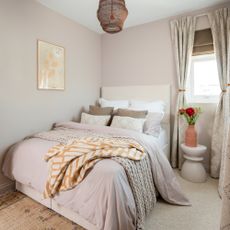What is daylighting? How to maximise the natural light levels in your home
Ideal Home's resident architectural designer Charlie Luxton shares his design know-how
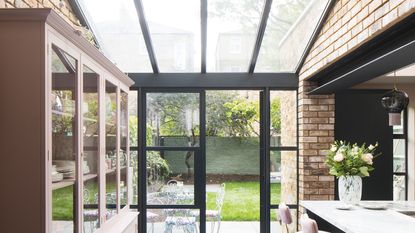
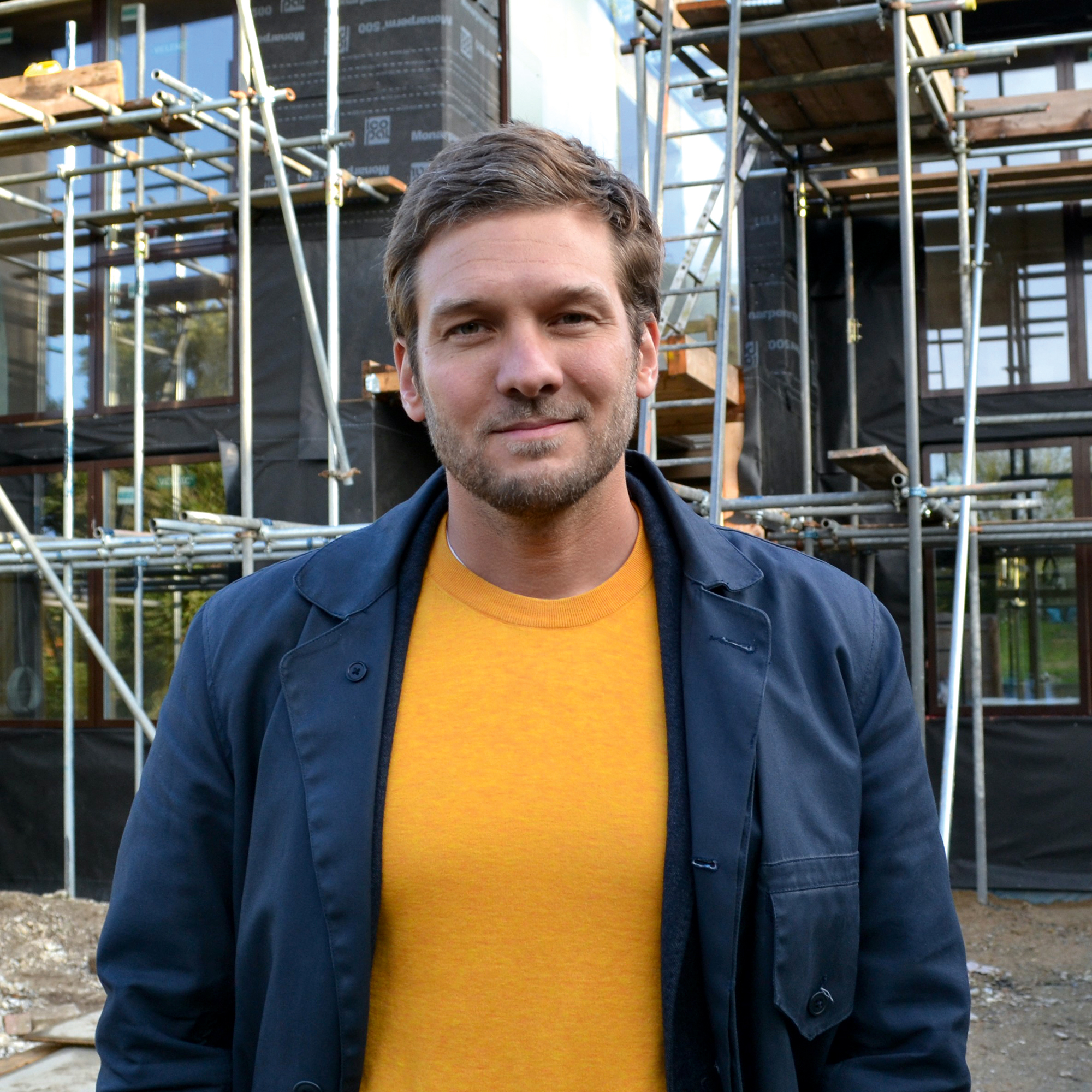
Daylight is extraordinary stuff, energy that’s travelled 93 million miles from the huge fusion reactor that is our nearest star, the Sun. It’s the power source that drives all life on earth except rock munching microbes and extremophiles living on sub-sea vents.
It provides energy for plants and microbes which in turn support all other living things including us. Not only is sunlight the root of all food, it’s crucial for general health; helping maintaining bone density, regulating mood swings and vitamin D production in cells. Research shows that it can help prevent various types of cancer, diabetes, hypertension, and multiple sclerosis.
The intensity and colour of this light constantly changes to reflect the time of day, year and weather, which ties into our bio-rhythms. This variation of light is crucial to our circadian rhythms, the internal clock of the human body, core to our wellbeing. Artificial light at the wrong colour scale, and intensity at the wrong time of day disrupts our moods, sleep patterns and mental health.
What is daylighting?

Daylight is a mix of sunlight, direct electromagnetic waves, and diffuse solar radiation which has bounced around so has more of a blue colour light. Both sources are what is called ‘full spectrum light’, containing visible and invisible light from the electromagnetic spectrum. This mixture of wavelengths is what the human body needs.
As beings of the sun we need good quality light in our homes at the right frequencies and times of day to keep us healthy and happy. Understanding this, what can we do to achieve it?
One of the main challenges in designing a new house is distributing light, a space with no natural light can feel lifeless and unsatisfactory. Well lit rooms animated by changing light throughout the day can make ordinary spaces extraordinary. If building a new house, make sure you work with a good architect who prioritises this aspect of design. Visit built projects to confirm their skills.
With existing buildings there are many ways to improve daylight from the obvious, ie. installing a new window to far simpler low cost options.
How can you bring more daylight into your home?

Extending an existing home without compromising the light is hard. I’ve seen so many extensions that whilst creating a great new space, sacrifices the quality of light in the adjacent or extended rooms. It can often be a law of diminishing returns, so be careful with this route.
Rooflights are a very useful way of bringing more light into an existing home. They face upwards towards the sky, which is more constantly bright, so let in more even light throughout the day than a window. They can be artfully placed exploiting double height spaces or staircases to create moments of light within the usually dark centre of a house.
If installing new or replacement windows look carefully at the amount of frame they have. Traditional windows have a much higher frame to glass ratio than modern windows which reduce the amount of light they let in. Clearly they're the only choice in some buildings but think about it when designing.
Make the most of your existing windows
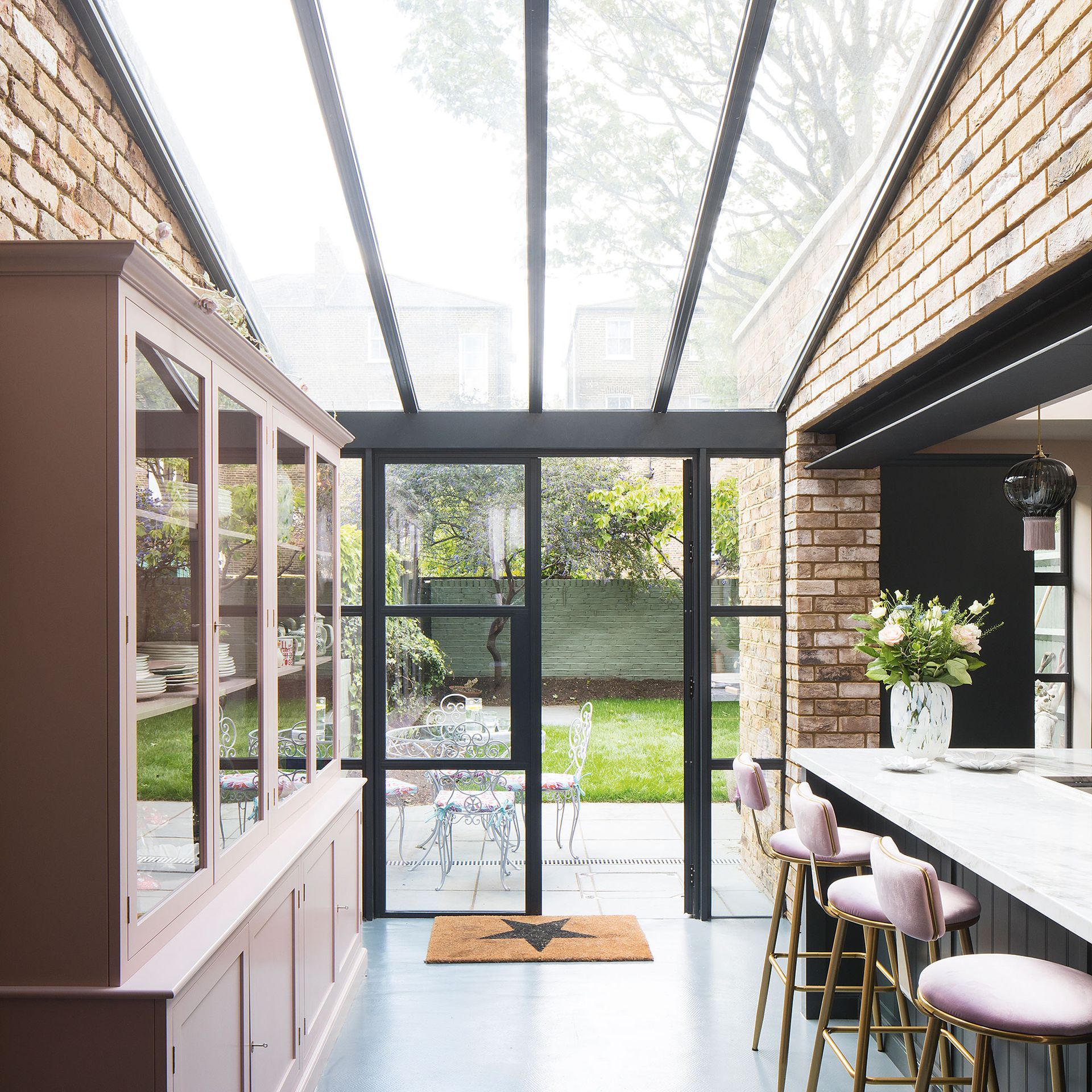
Beyond adding openings, or changing windows, there are simple ways to make sure your existing windows are providing all the light they can. Keep vegetation cut back around your windows. Light coloured window cills and reveals, or even mirrors, can be used to bounce the light deeper into a room.
Take a look at your curtains and other window dressings. In many homes these cover a significant percentage of the glass especially when they have blackout linings and create a large stack when open.Sometimes curtains not drawn properly can also reduce available light levels.
I tend to try and mount curtains on the wall not within the window reveal. This way the fabric, no matter how voluminous can be pulled completely out of the way, ensuring all available light is admitted. Finally and perhaps most easily…. make sure you clean your windows. Dirty windows can take as much as 40% of available light!
How can you cheat daylight?

If having looked at these options and the light is still not good enough there are a few final tricks to consider. Some of the crucial benefits of daylight come from it being full spectrum light. You can buy full spectrum bulbs developed primarily for growing plants or use in terrariums where light quality is crucial. The light is usually bluer, appearing colder than the standard light used in housing but it can be very effective for mixing into a lighting scheme.
I tend to use full spectrum bulbs in uplighters so the blue light bounces off ceilings combined with warmer artificial light for down/task lighting. This tricks the eye into thinking that while lights are on, there is a general brightness from a possible window or rooflight which can transform a dark space. This can really help lift the soul especially in the darker months we endure in northern latitudes.
A final simple action is to try and reduce light levels, especially bluer light, as it comes towards evening. This helps the body calm down and prepare for sleep.
The role of daylight and artificial light in our homes has been viewed simplistically for too long, we’re finally waking up to its importance. So start looking behind the blinds and light fittings and demand more from light, it is central to your health and wellbeing.
Get the Ideal Home Newsletter
Sign up to our newsletter for style and decor inspiration, house makeovers, project advice and more.

Charlie Luxton is an architectural designer who juggles his roles as director of Charlie Luxton Design, TV presenter and public speaker. Charlie regularly gives talks and presentations to a wide range of audiences about all aspects of the built environment and sustainability.
Charlie is passionate about the environment and communicating his enthusiasm for sustainable architecture and design. He has combined his design work with writing and presenting television programmes for the last twenty years and fronts Building the Dream and Homes by the Sea for More4, amongst others.
-
 5 anti-resolutions I'm making to help my home run (and look) better in 2024
5 anti-resolutions I'm making to help my home run (and look) better in 2024The household tasks I'm quitting this year
By Heather Young
-
 This stunning green kitchen is packed with genius small-space design ideas that can be reused in the future
This stunning green kitchen is packed with genius small-space design ideas that can be reused in the futureAnd the best part is that each part can be repurposed
By Laurie Davidson
-
 This compact room has been transformed into a luxurious guest bedroom that proves size doesn't matter
This compact room has been transformed into a luxurious guest bedroom that proves size doesn't matterThe compact layout didn't deter this homeowner, who created a beautiful spare bedroom that's both homely and cosy
By Laurie Davidson
